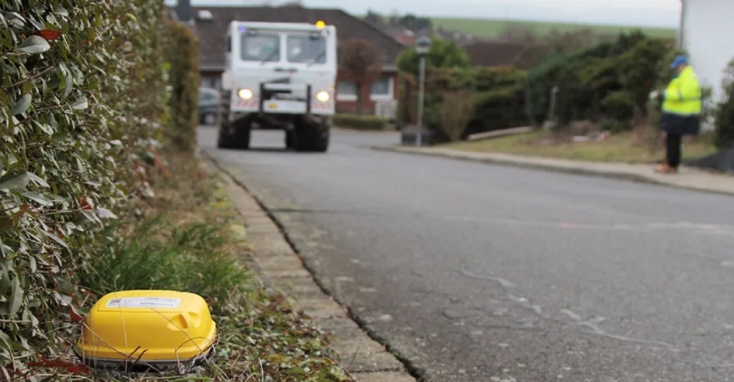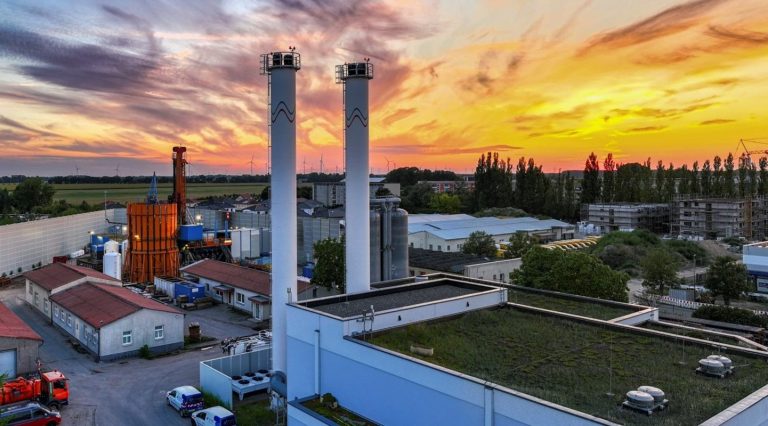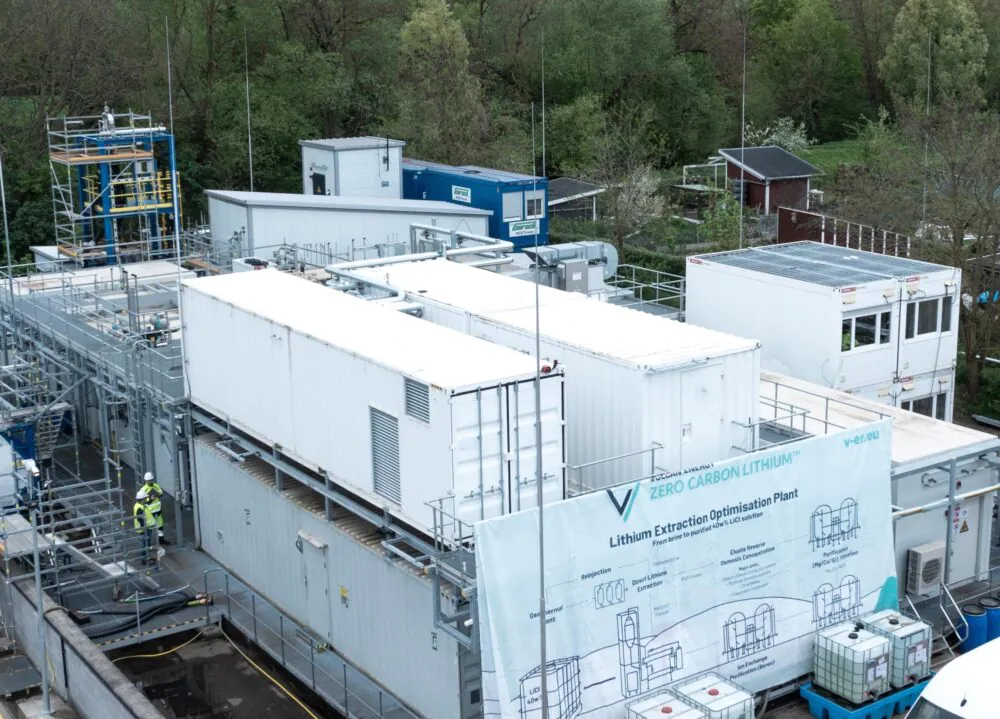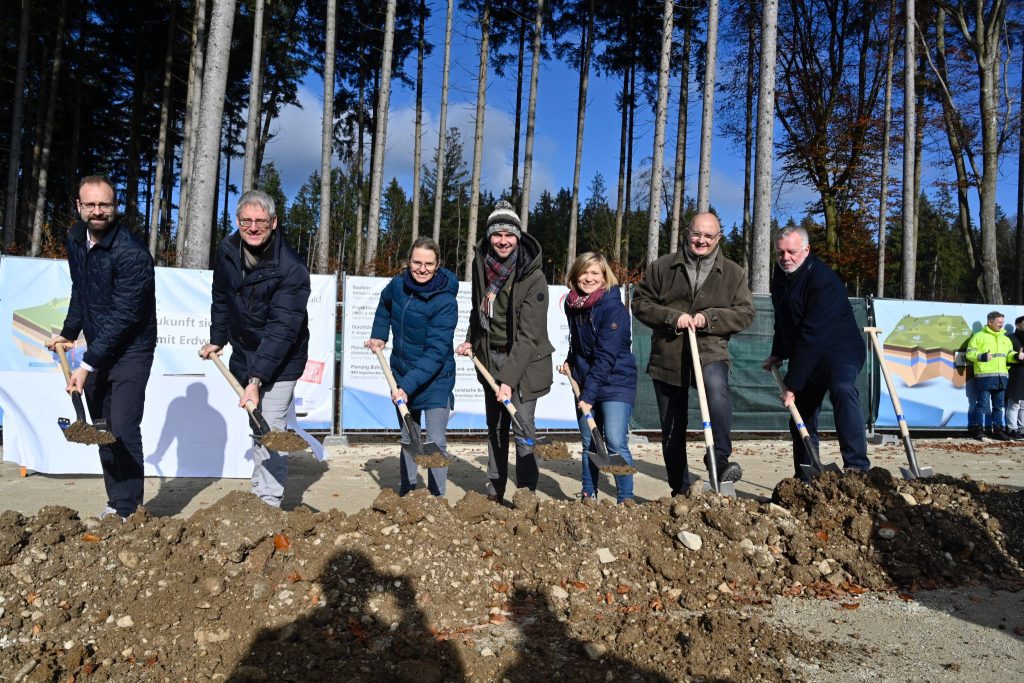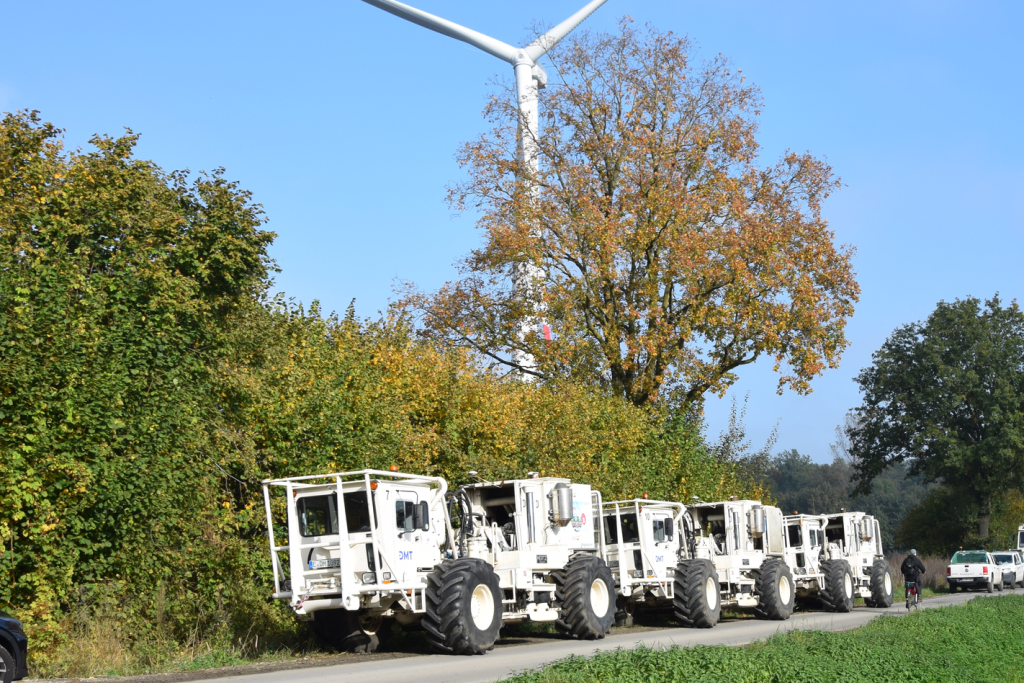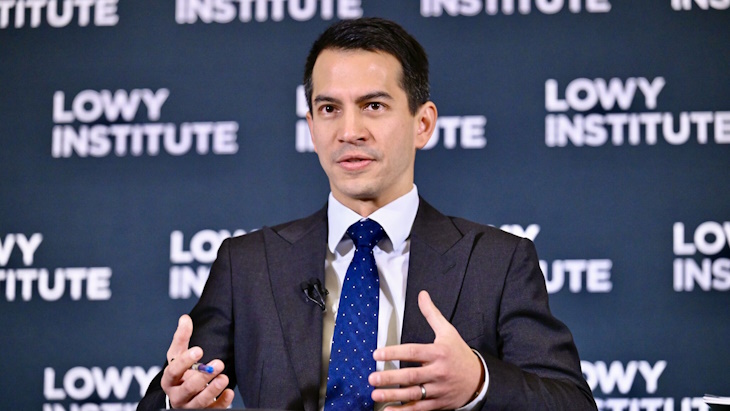
Asked the question "Do you support or oppose Australia using nuclear power to generate electricity, alongside other sources of energy?", 61% of respondents said they were "somewhat" or "strongly" supportive of Australia using nuclear power to generate electricity, while 37% said they opposed this. Only 2% said they didn't know.
This is the first time the question has been included in the survey, but contrasts with a related question in the 2011 poll when more than six in ten Australians (62%) said they were either "strongly against" or "somewhat against" Australia building nuclear power plants as part of its plans to cut greenhouse gas emissions.
Australia’s federal opposition has announced that, if elected, it would look to introduce nuclear power generation into Australia's energy mix, alongside renewables and other sources of energy, as part of its plan to achieve net zero emissions by 2050, but this would involve first overturning a moratorium on nuclear energy generation in Australia, the report's authors note.
The poll found "slim to strong majority support" for a range of potential federal government climate-related policies although support has "softened mildly" for options including a more ambitious national emissions reduction target, hosting a UN climate conference, reducing coal exports, and banning new coal mines, and introducing an emissions trading scheme. About six in ten support the idea of reducing Australian coal exports and banning new coal mines from opening in Australia.
Support remained steady for subsidising renewable technologies, and increasing the use of gas, although opinion on renewables is divided. The poll found that 41% think the current federal government's national target for 82% of Australia's electricity to be generated from renewables by 2030 is "about right", 33% think this target is too ambitious, and 25% say it is not ambitious enough.
The poll also asked - for the third consecutive year - about public attitudes to Australia's acquisition of nuclear-powered submarines under the 2021 trilateral AUKUS partnership between Australia, the UK and the USA. Public debate about this has grown in Australia, highlighting questions around its strategic merits, future US political commitment to the deal, industrial and workforce capacity, and costs, but the poll found majority public support for the acquisition has "held relatively firm" with almost two-thirds of Australians (65%) remaining in favour. This is similar to the findings of last year's poll, although down from 70% in 2022's poll, shortly after the deal was announced.
The Sydney-headquartered independent, nonpartisan international policy think-tank describes its annual poll as the leading tracking survey on Australian foreign policy, providing a reliable vehicle for understanding Australian attitudes towards a wide range of foreign policy issues, while being independent and methodologically rigorous. The 2024 poll reports the results of a national survey of 2028 adults across Australia between 4 and 17 March. It was conducted by the Social Research Centre, using the Life in Australia probability-based online panel, and has a margin of error of 2.2%. The probability basis of the Life in Australia sampling method means results are generalisable to the national population.

